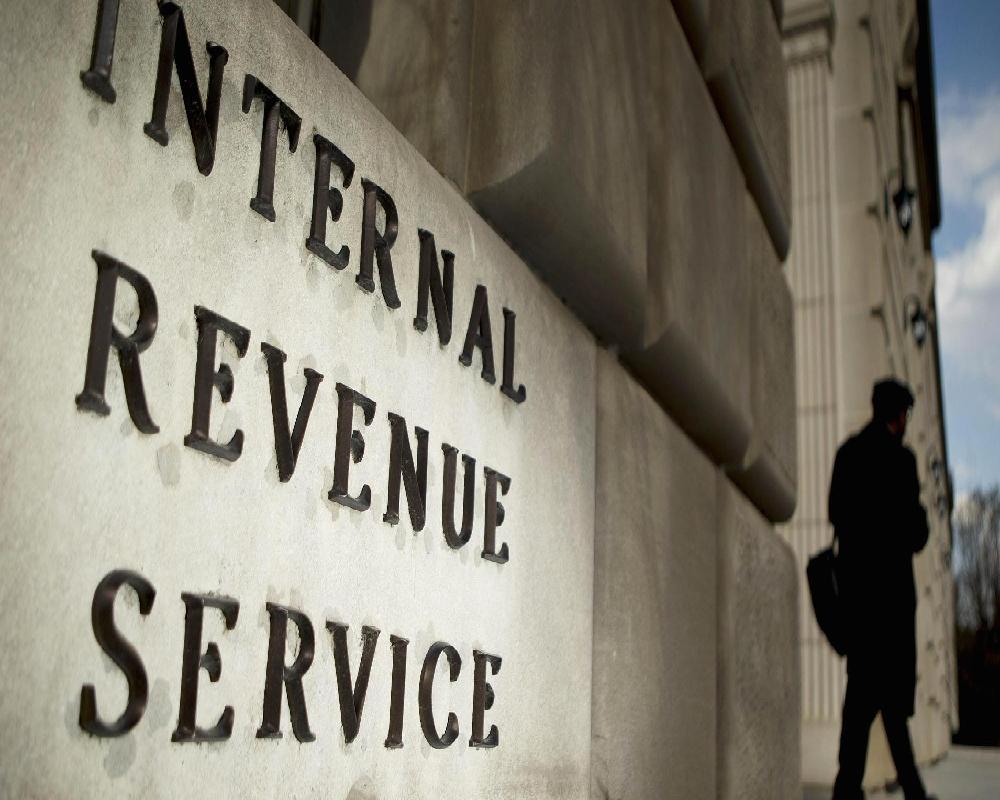LBCPA News 
Click here to go back
IRS Warns of Bogus non-existent tax
 IMAGE SOURCE: CNBC
IMAGE SOURCE: CNBC
WASHINGTON — The Internal Revenue Service today issued a warning to taxpayers about bogus phone calls from IRS impersonators demanding payment for a non-existent tax, the “Federal Student Tax.”
Even though the tax deadline has come and gone, scammers continue to use varied strategies to trick people, in this case students. In this newest twist, they try to convince people to wire money immediately to the scammer. If the victim does not fall quickly enough for this fake “federal student tax”, the scammer threatens to report the student to the police.
“These scams and schemes continue to evolve nationwide, and now they’re trying to trick students,” said IRS Commissioner John Koskinen. “Taxpayers should remain vigilant and not fall prey to these aggressive calls demanding immediate payment of a tax supposedly owed.”
Scam artists frequently masquerade as being from the IRS, a tax company and sometimes even a state revenue department. Many scammers use threats to intimidate and bully people into paying a tax bill. They may even threaten to arrest, deport or revoke the driver’s license of their victim if they don’t get the money.
Some examples of the varied tactics seen this year are:
Demanding immediate tax payment for taxes owed on an iTunes gift card.
Soliciting W-2 information from payroll and human resources professionals--IR-2016-34
“Verifying” tax return information over the phone--IR-2016-40
Pretending to be from the tax preparation industry--IR-2016-28
The IRS urges taxpayers to stay vigilant against these calls and to know the telltale signs of a scam demanding payment.
The IRS Will Never:
Call to demand immediate payment over the phone, nor will the agency call about taxes owed without first having mailed you a bill.
Threaten to immediately bring in local police or other law-enforcement groups to have you arrested for not paying.
Demand that you pay taxes without giving you the opportunity to question or appeal the amount they say you owe.
Require you to use a specific payment method for your taxes, such as a prepaid debit card.
Ask for credit or debit card numbers over the phone.
If you get a phone call from someone claiming to be from the IRS and asking for money and you don’t owe taxes, here’s what you should do:
Do not give out any information. Hang up immediately.
Contact TIGTA to report the call. Use their “IRS Impersonation Scam Reporting” web page or call 800-366-4484.
Report it to the Federal Trade Commission by visiting FTC.gov and clicking on “File a Consumer Complaint.” Please add “IRS Telephone Scam” in the notes.
If you have any questions regarding accounting, domestic taxation, international taxation, IRS representation, U.S. tax implications of Real Estate transactions or financial statements, please give us a call at 305-274-5811.
Source: IRS






